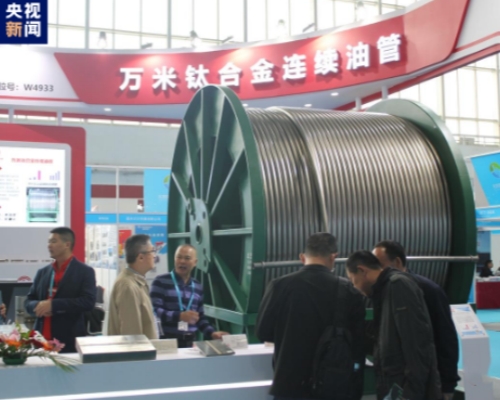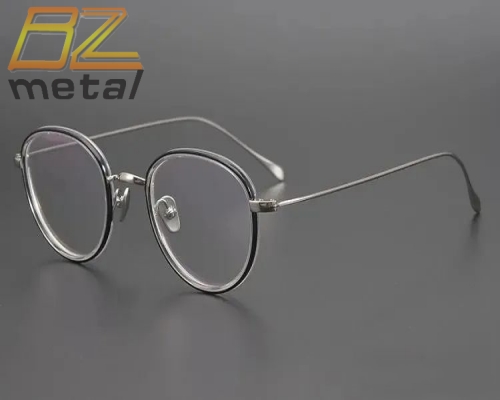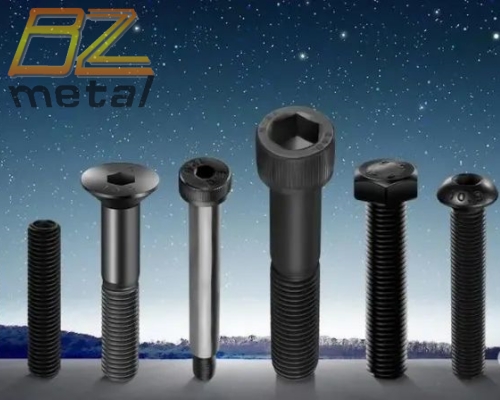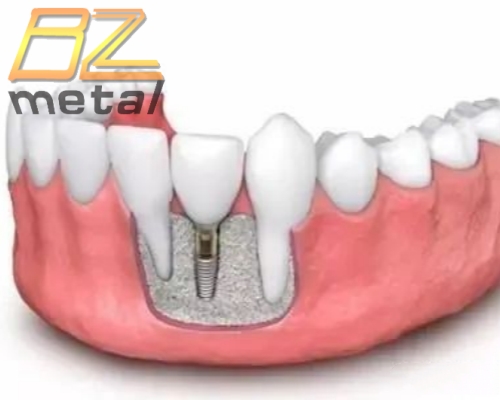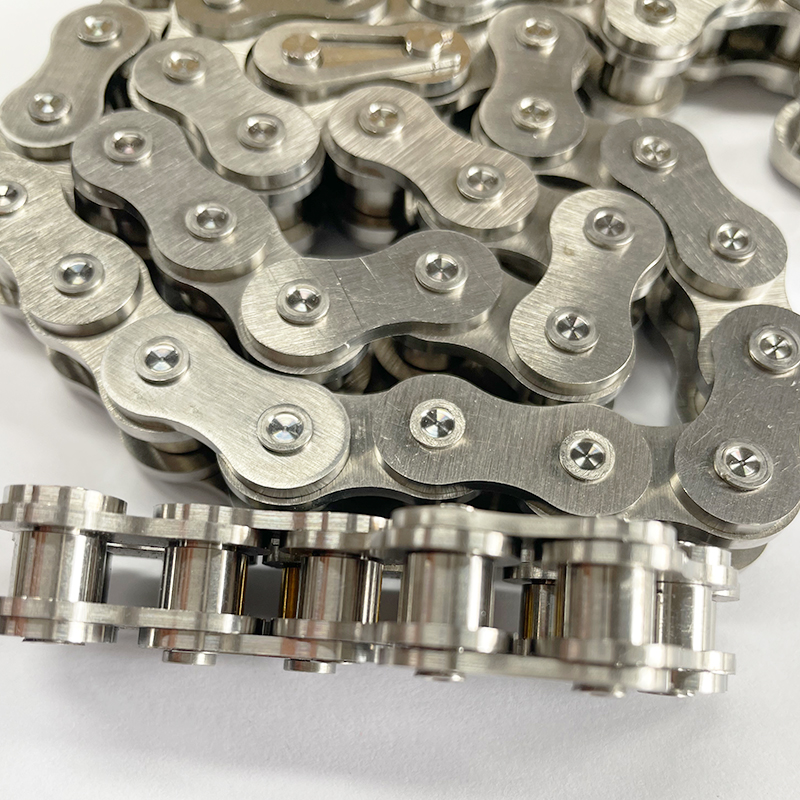Military Titanium Alloy Ushered In The Tuyere!
Military Titanium Alloy Ushered In The Tuyere!
1. Titanium Alloy
Titanium alloy and titanium matrix composite materials with their high specific strength, high temperature resistance, corrosion resistance, strong compatibility and other advantages, are widely used in the field of aircraft and aerospace engines.
The density of titanium alloy is generally 4.50g/cm3. The strength is similar to that of medium-strength steel, but the quality is only 60% of medium-strength steel. Compared with medium-strength steel, the specific strength is nearly twice higher, which is conducive to reducing the weight coefficient of aircraft structure. Titanium alloy is a good alternative to aluminum alloy and stainless steel that are not high temperature resistant. The product Ti-6AI-4V can work for a long time at 350°C conditions, and TC11 can work for a long time at 500°C conditions. Compared with duralumin and structural steel, titanium alloy has stronger corrosion resistance.
Material | Density (g/cm3) | Tensile Strength (Mpa) | Specific Strength (103.N.m.kg-1) | Tensile Modulus (Gpa) | Specific Modulus (103.N.m.kg-1) |
| High Strength Steel | 7.80 | 1100 | 141 | 210 | 27 |
| Aluminum Alloy | 2.70 | 500 | 185 | 75 | 28 |
| Magnesium Alloy | 1.80 | 240 | 133 | 45 | 25 |
| Titanium Alloy | 4.50 | 1500 | 333 | 120 | 27 |
| Carbon Fiber Composite | 1.50 | 1600-3000 | 1067-2000 | 130-180 | 87-12 |
Titanium alloys are diverse in classification and widely used in a wide range of fields. According to the performance and use, titanium alloys are divided into corrosion-resistant titanium alloys, heat-resistant titanium alloys, high-strength titanium alloys, low-temperature titanium alloys, powder titanium alloys, functional titanium alloys and so on.
According to the form, it can be roughly divided into plates, bars, pipes, forgings, wires, castings and other types. Among them, the production of plates, bars and pipes accounts for about 85% of China's titanium production.
2. Titanium Alloy Industry Chain
The industrial chain of the titanium industry can be simply divided into two, one is the industrial chain in the field of non-ferrous metals: titanium ore→sponge titanium→titanium ingot→titanium material; the second is the industrial chain in the field of chemical industry: titanium ore→titanium dioxide. These two industrial chains are closely linked to each other in the upstream, but they are independent of each other in the midstream and downstream.
Titanium non-ferrous metal industry chain can be divided into 3 parts from top to bottom:
1) The upstream includes titanium ore resources such as ilmenite and rutile, as well as artificial rutile, titanium slag and titanium tetrachloride processed from ilmenite;
2) The process is mainly divided into two parts: first, titanium sponge is generated by titanium tetrachloride reduction; second, titanium sponge is melted and cast into titanium ingots,and then titanium processing materials including forgings, bars, plates, pipes, wires, wires, etc.;
3) The downstream is mainly based on the requirements of specific applications such as aerospace, petrochemical, nuclear power, ships, seawater desalination, automobiles, sports medicine and other fields to further process titanium blanks;
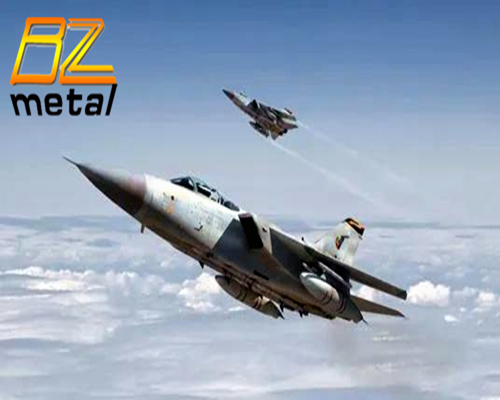
3. Core Barrier: Titanium Processing
From the point of view of the entire industrial chain, the core barriers to the titanium industry chain are not upstream resources and midstream smelting, but the processing capabilities of titanium, especially the research and development capabilities and manufacturing processes of high-end titanium, and the profits of the industry are also concentrated in the hands of leading enterprises with high-end titanium production capacity.
The barriers to titanium processing are mainly concentrated in four aspects, such as qualification, technology, scientific research and funding. The high barriers to titanium production determine that the competitive pattern of high-end titanium is that the strong are even stronger and the leader is in the way.
1) Qualification Barriers
The supply of high-end titanium products usually requires applying for certification (including domestic military quality system, foreign such as GE and Airbus quality system, special technology, etc.). Certification is difficult and takes a long time, and customers are sticky. From the point of view of the current enterprises with military quality in the industry, there are fewer enterprises with military-related qualifications, most of which are mainly primary products of titanium ingots.
2) Technical Barriers
Titanium production process is long, there are many technical control points, and the process requirements are strict; alloy smelting, deformation processing, precision casting, powder metallurgy and other processes, to ensure the uniformity and stability of mass production products are technical challenges. At present, there are only a handful of domestic production enterprises that can mass produce high-end titanium materials using mature technology.
3) Scientific Research Barriers
According to the specific product requirements of each field, the performance requirements of titanium are slightly different, and enterprises are required to have the ability to independently develop titanium alloy grades.
4) Financial Barriers
The capital investment for the production of 10,000 tons of high-end titanium requires about 500 million yuan (depending on the configuration of the input equipment, there will be differences). At the same time, the construction time of the titanium production line usually takes about 2 years, and it takes longer from the commissioning of the production line to the production.

